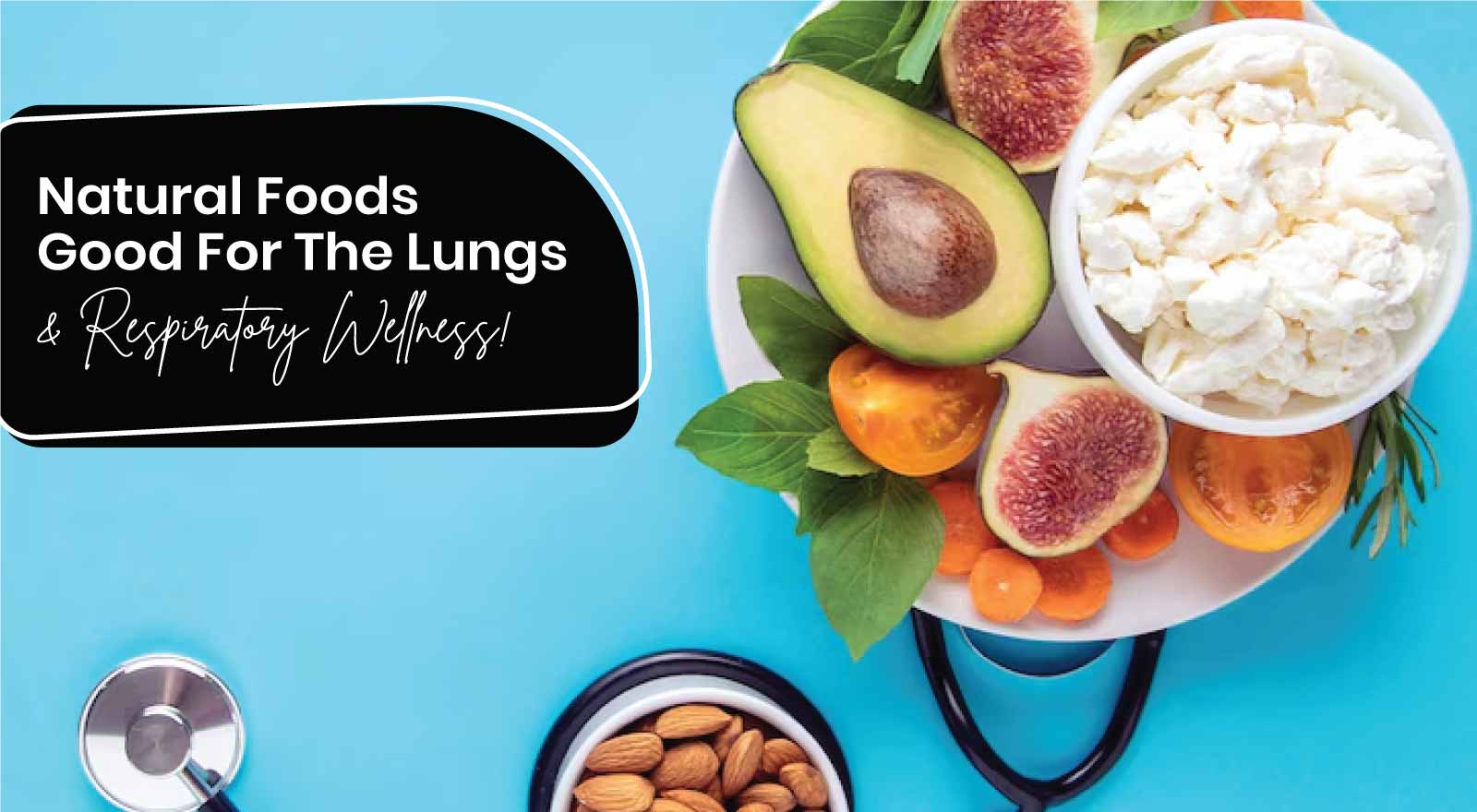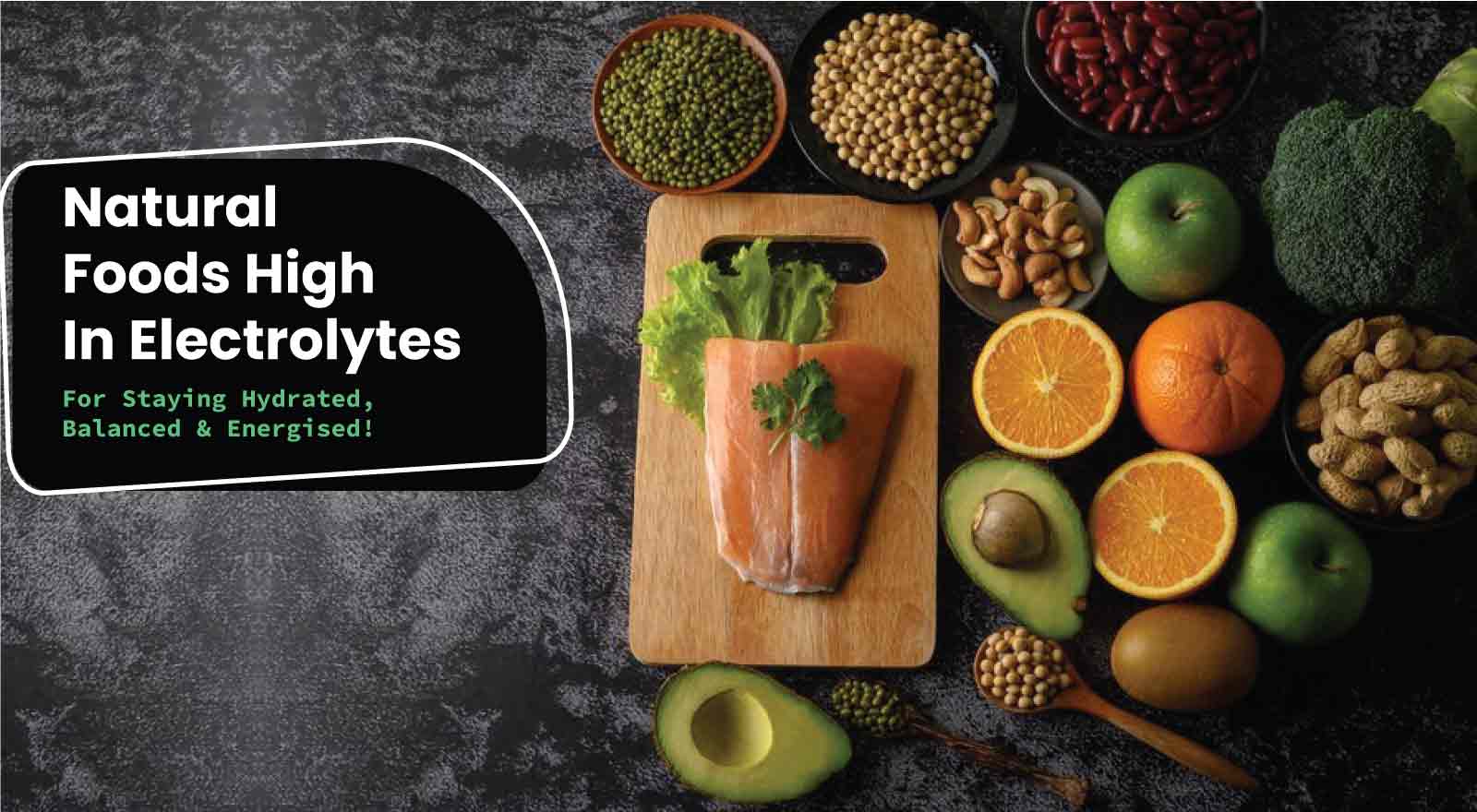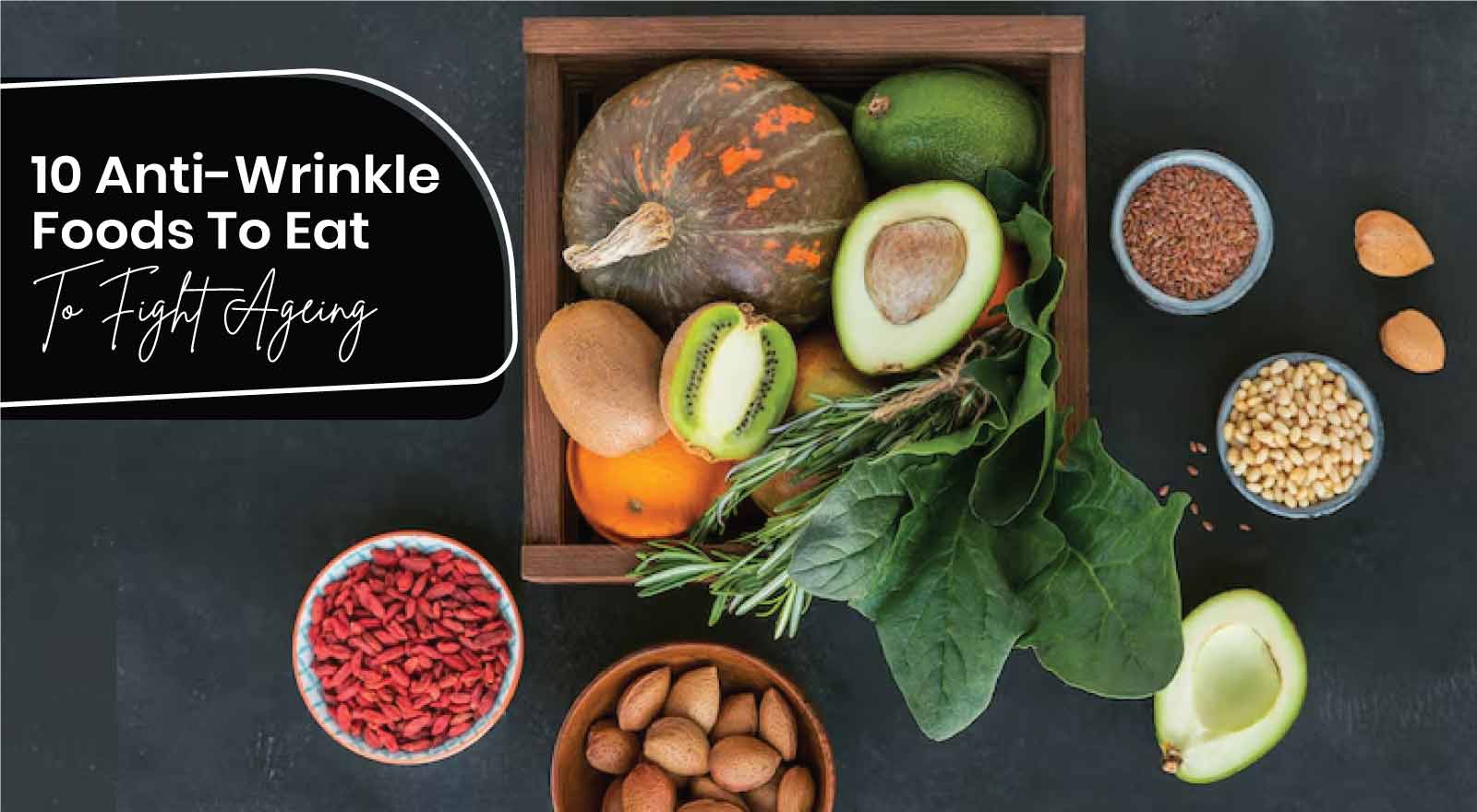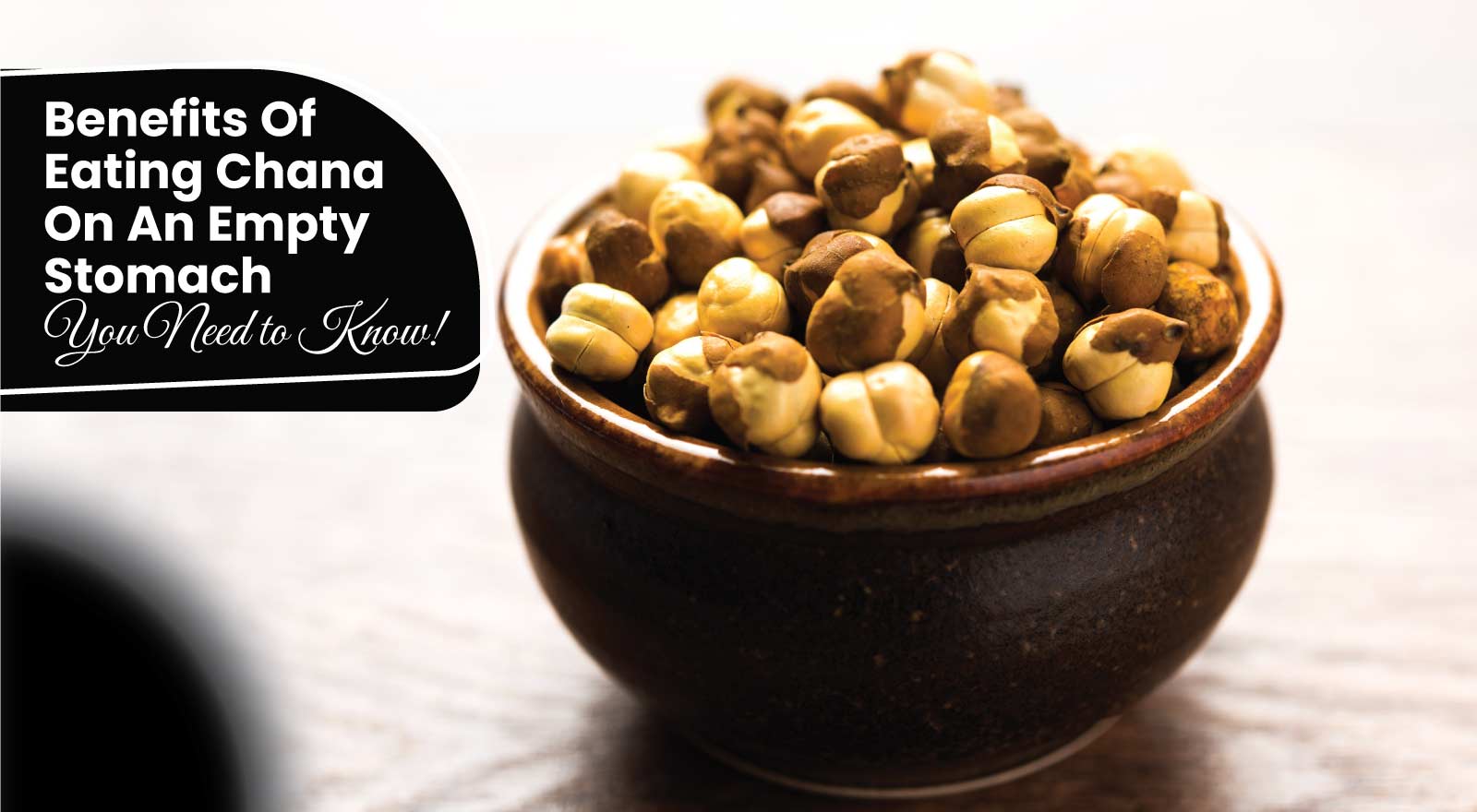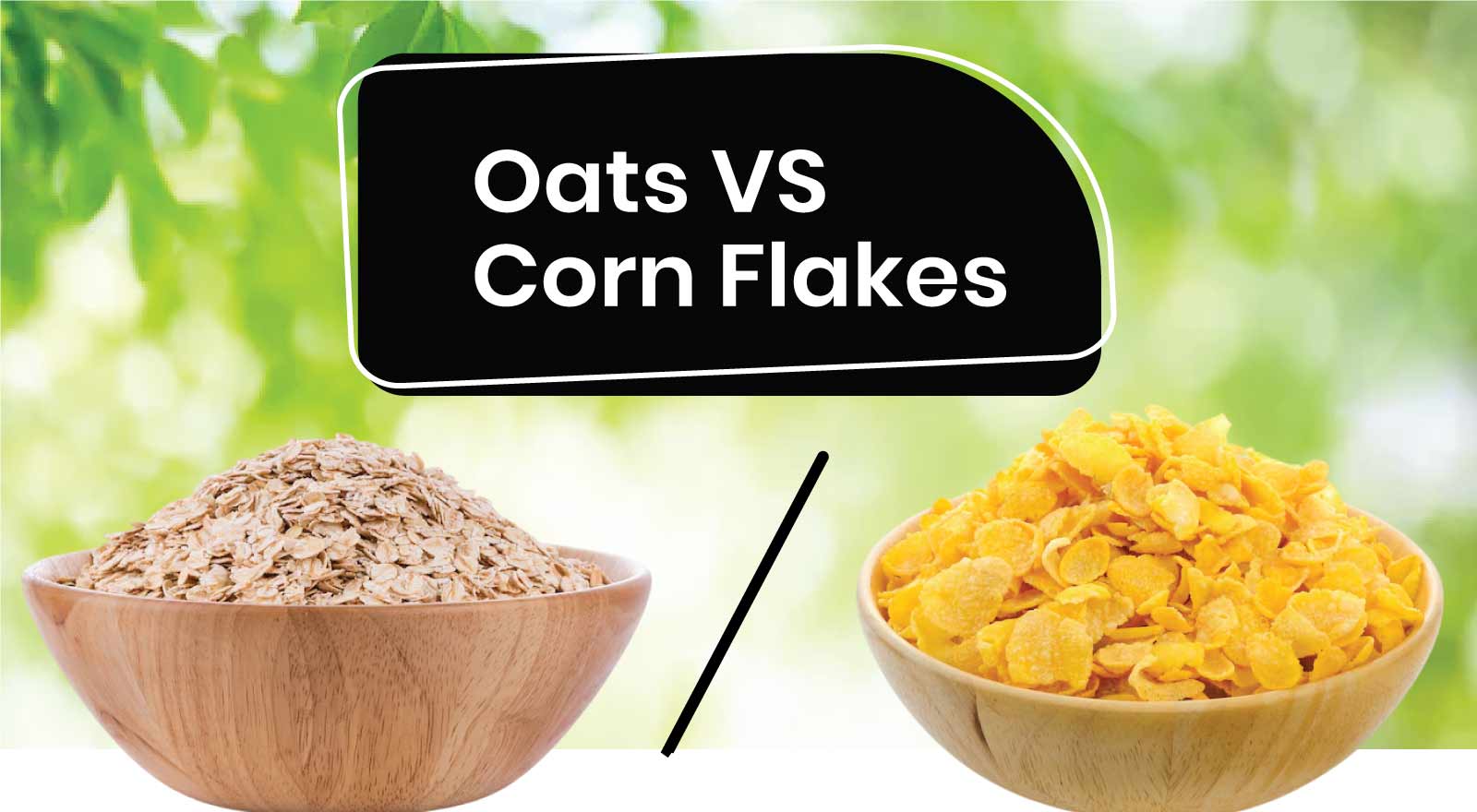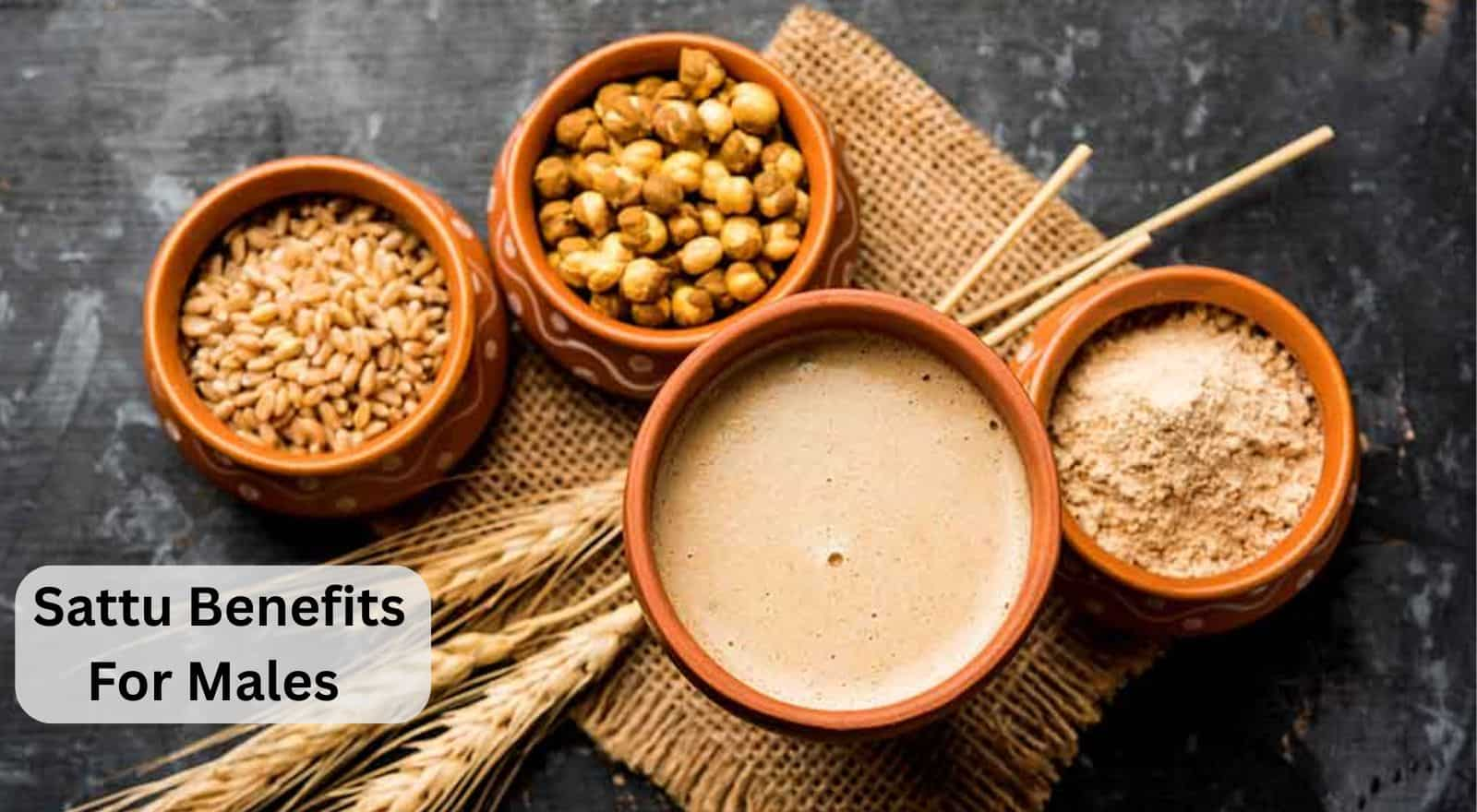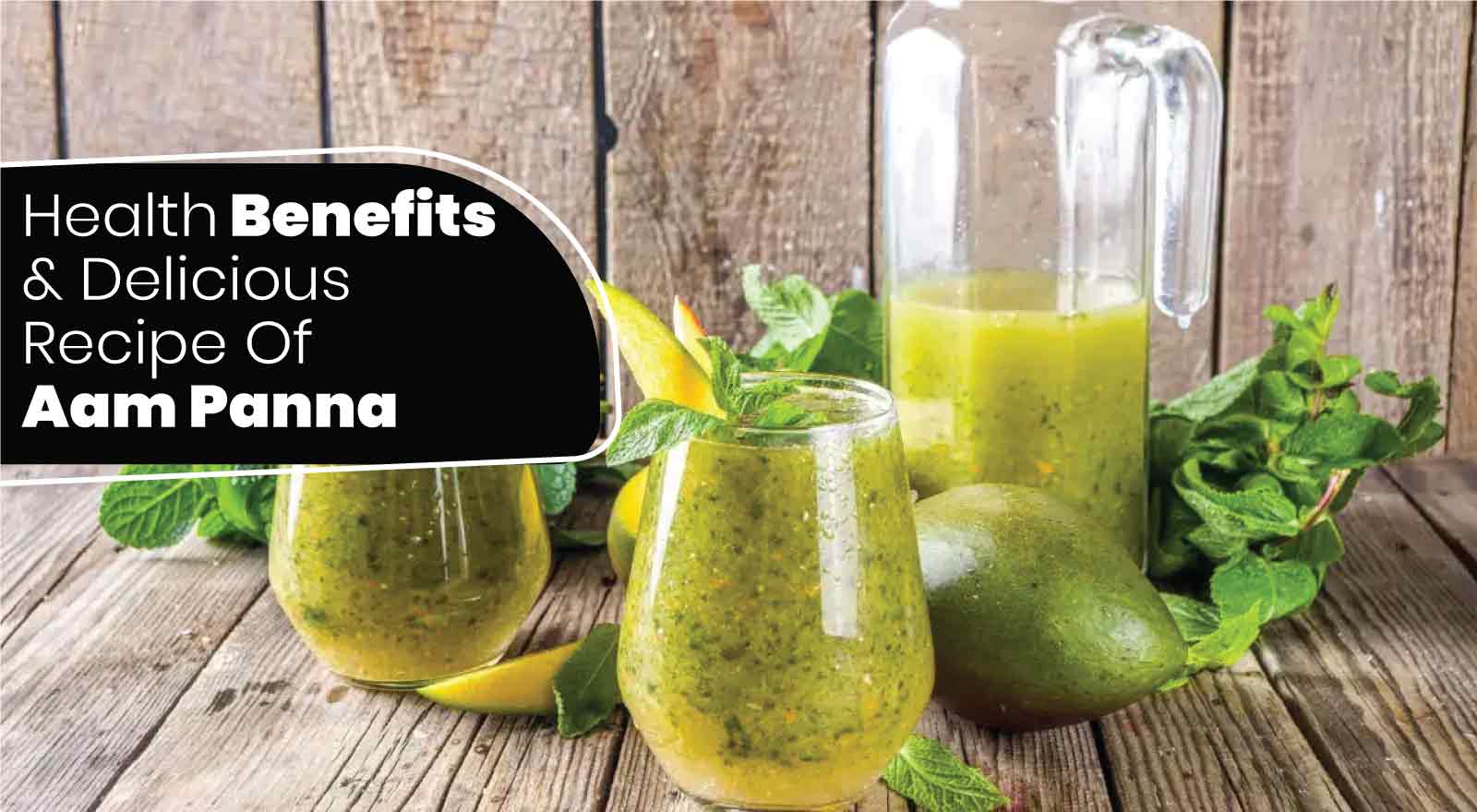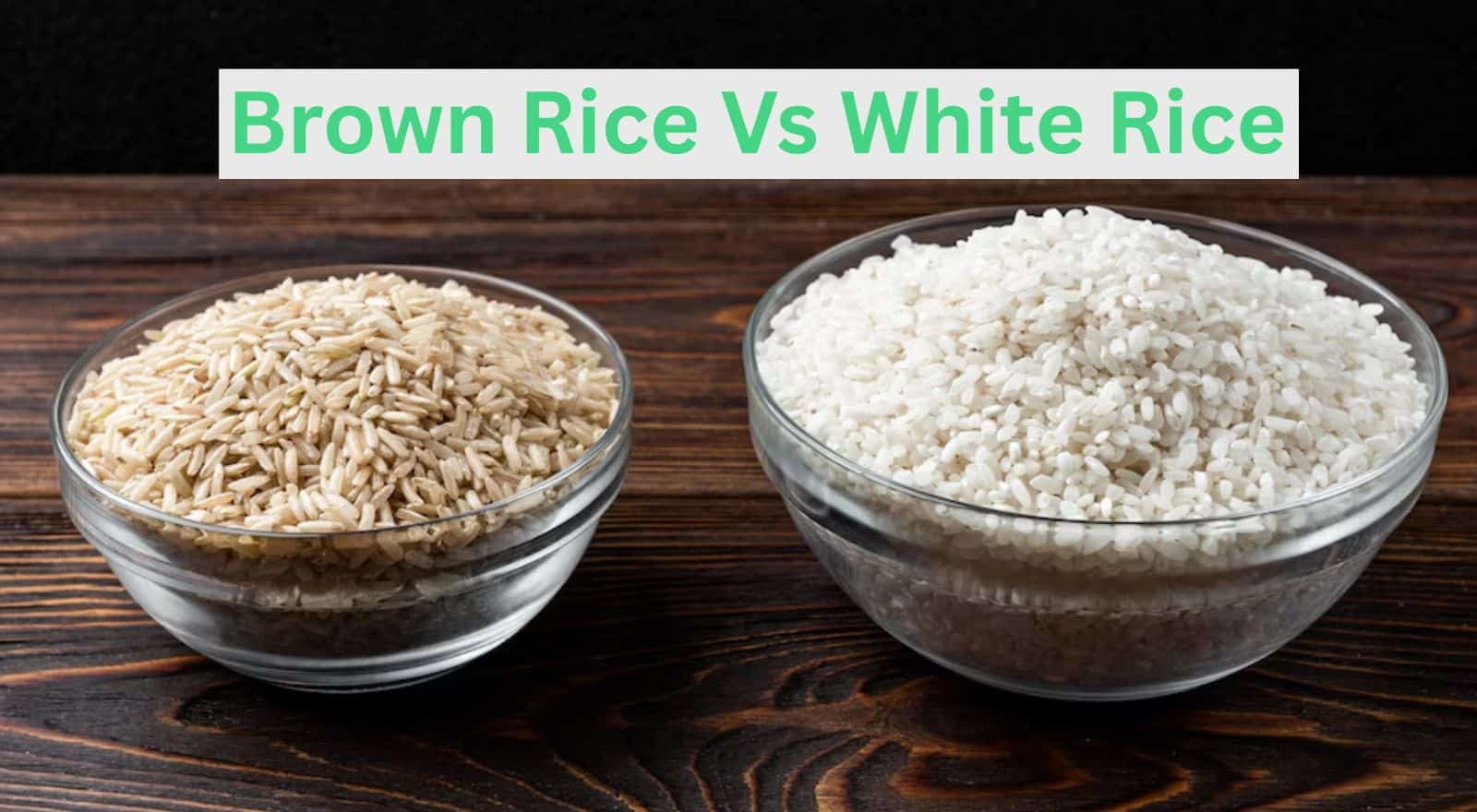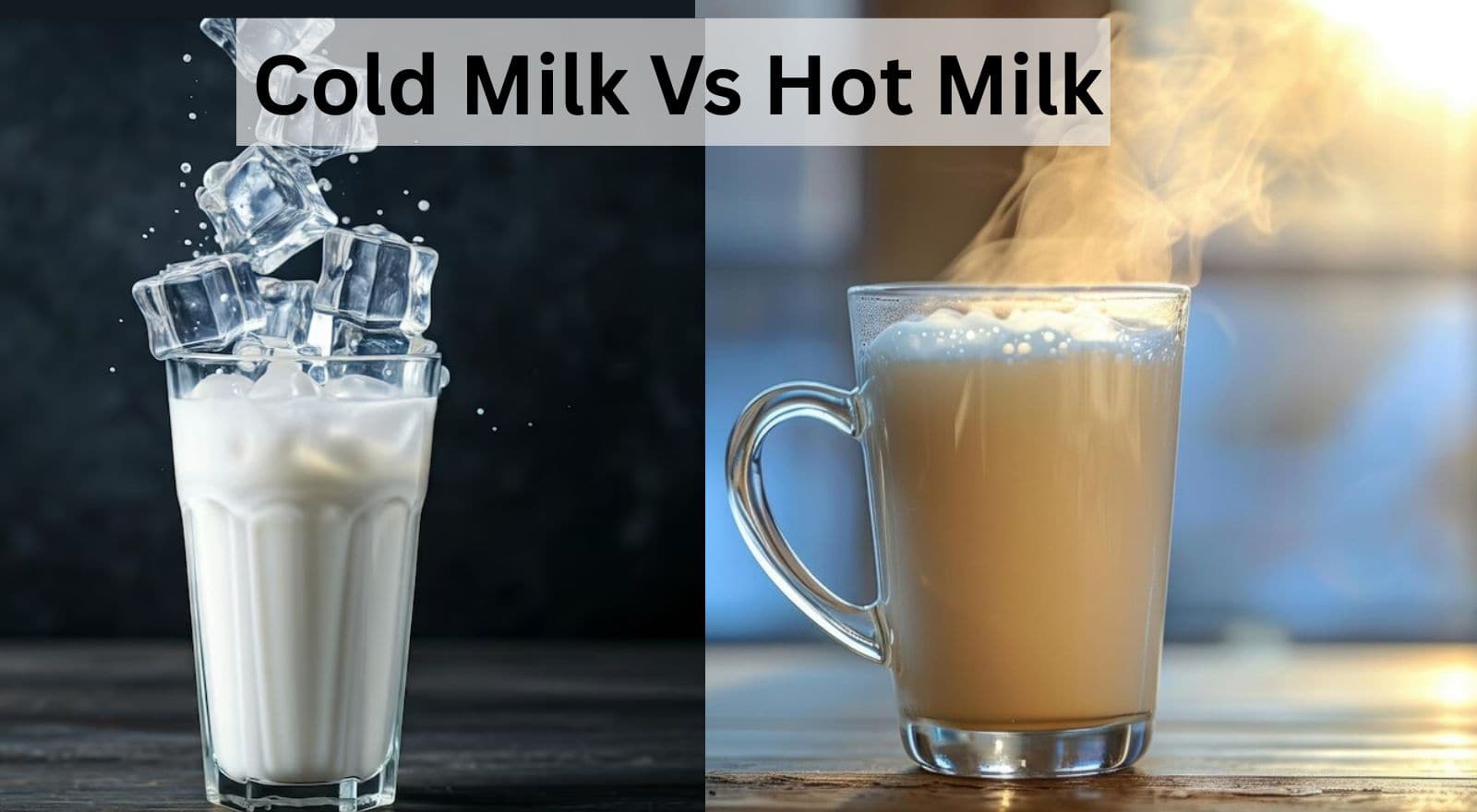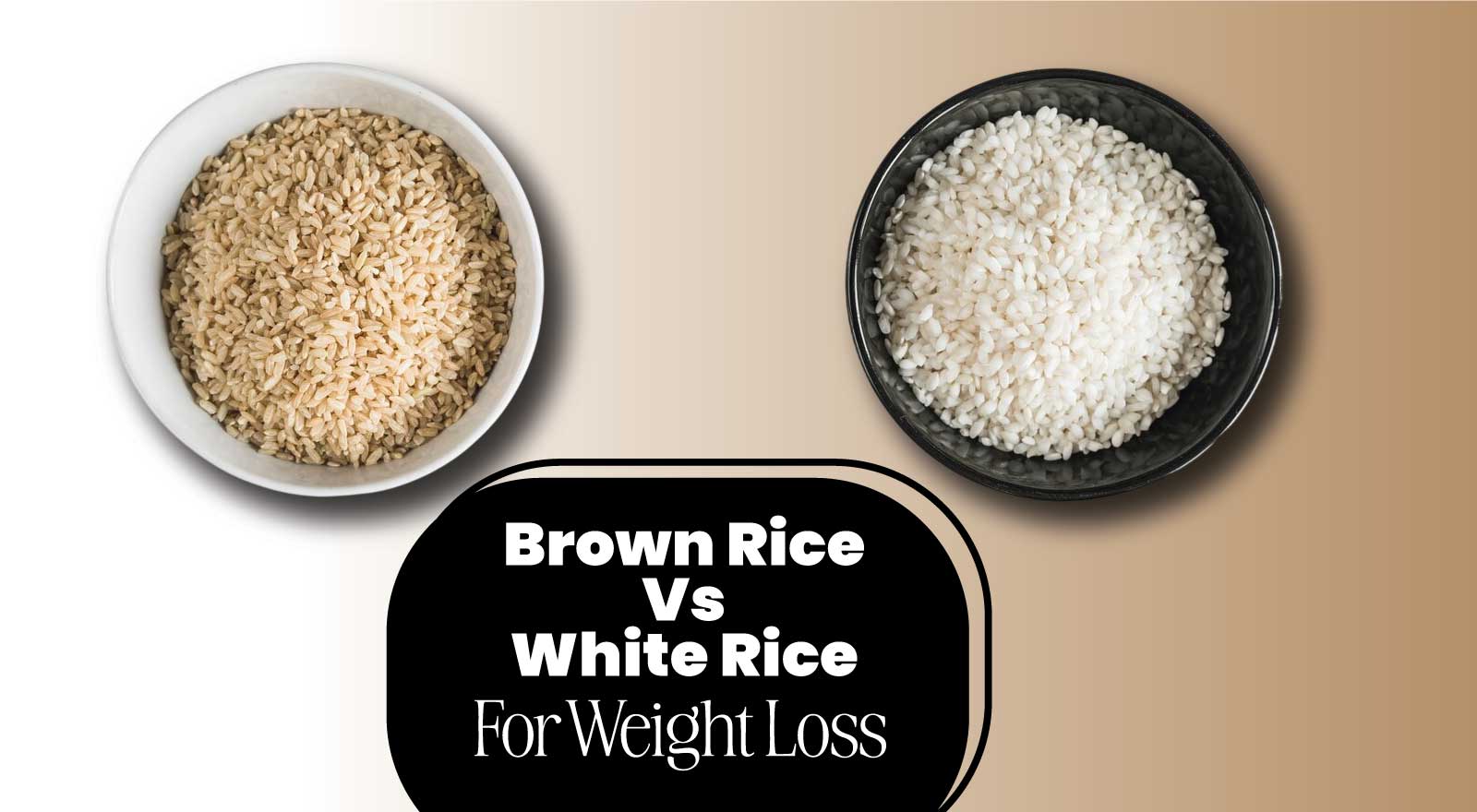Are you often short of breath, feeling tightness in your chest, or constantly coughing in the city smog? With rising pollution levels, dust allergies, smoking habits, and viral infections becoming more common, taking care of your lungs has never been more important. Our lungs are like the air filters of our body, working nonstop to keep us going strong. Instead of reaching for medicines too soon, include everyday foods good for the lungs that support easier breathing and protect against inflammation, boost oxygen flow, and keep infections at bay.
In this blog, we’re diving deep into twelve foods good for the lungs that act like natural lung boosters — from leafy greens to avocados that help your lungs expand with ease. So if you're ready to fuel your filters the healthy way, read on to discover the best foods good for lungs and ways to bring lasting respiratory support and wellness into your life. After all, when your lungs are happy, your whole body breathes easier — literally!
Table Of Contents
1. What Foods Are Good For Lung Repair? 11 Foods Good For The Lungs
2. Which Fruit Is Good For Lungs?
3. How Can I Make My Lungs Strong? 7 Ways
4. Expert’s Advice
5. The Final Say
6. FAQs
7. References
What Foods Are Good For Lung Repair? 11 Foods Good For The Lungs

Include these foods good for the lungs in your daily meals for better lung repair and functioning:
1. Leafy Greens
Leafy greens, like spinach, kale and Swiss chard, are high in important vitamins and minerals. These high-protein vegetarian foods contain vitamins A, C, and K, as well as minerals, like magnesium, potassium, and iron. Furthermore, these greens are high in antioxidants like beta-carotene and flavonoids, which protect lung cells from harm and improve respiratory function.
- Vitamin C stimulates the immune system, helping to prevent respiratory infections.
- Spinach and kale are rich in chlorophyll, which supports oxygen transport and detoxification in lung tissues.
- Magnesium helps in relaxing bronchial muscles, helping in easier breathing and improved airflow.
- Potassium balances fluid levels, preventing excess mucus buildup in the lungs.
- Iron aids red blood cell production, supporting efficient oxygen delivery to lung cells.
2. Variety Of Berries
Berries, especially strawberries, blueberries, raspberries, and blackberries, are high in important nutrients. They are high in vitamin C and E, fibre, and antioxidants, including anthocyanins, quercetin, and resveratrol, boosting the benefits of eating fruits. These nutrients help to maintain and improve lung health by shielding the lungs from oxidative stress and inflammation.
- Anthocyanins in blueberries reduce inflammation in airways and enhance oxygen exchange.
- Quercetin acts as a natural antihistamine, easing allergy-triggered respiratory issues.
- Resveratrol improves lung elasticity, aiding smooth respiratory movements.
- Berries' high fibre content also promotes normal digestion and lowers the incidence of chronic lung ailments.
3. Fatty Fish
Fatty fish, such as salmon, trout, and mackerel, contain high levels of omega-3 fatty acids, notably EPA (eicosapentaenoic acid) and DHA. These omega-3 fatty acids are well-known for their anti-inflammatory qualities, which can aid in reducing lung inflammation.
- EPA and DHA reduce airway narrowing in asthma and COPD patients.
- Vitamin D in salmon helps produce antimicrobial proteins, fighting lung infections.
- Anti-inflammatory omega-3s reduce cytokine activity, which contributes to lung tissue swelling.
- Trout’s selenium content enhances antioxidant defence, shielding lungs from pollution damage.
Enjoy it and sprinkle Moringa Leaf Powder from ToneOp Care on top. This vegan, gluten-free powder offers 92 nutrients and 46 antioxidants, making it beneficial for liver, kidney, heart, and lung health.
4. Nuts & Seeds
Nuts and seeds, including almonds, walnuts, flaxseeds, and chia seeds, are high in important elements that promote lung health. They contain high levels of vitamin E, an antioxidant that protects lung cells from oxidative stress, which promotes heart and lung health.
- Walnuts are one of the best plant sources of omega-3s, which help lower lung inflammation.
- Chia seeds contain alpha-linolenic acid (ALA), which improves airway flexibility.
- Flaxseeds have lignans that support lung immune responses, reducing infections.
- Good fats help maintain alveoli elasticity, enhancing lung expansion and contraction.
5. Citrus Fruits
Citrus fruits, including oranges, grapefruits, lemons, and limes, are high in vitamin C, which boosts immune function and protects the lungs from oxidative stress. They also include flavonoids and other phytochemicals, which contribute to improving general respiratory health.
- Vitamin C enhances the function of lung epithelial cells, making lungs more resistant to pathogens.
- Flavonoids in foods that purify blood, like grapefruit, support blood vessel health, improving oxygen delivery.
- Limonene in lemon helps reduce inflammation, easing breathing in allergic conditions.
- Citrus pectin aids in detoxifying lung tissues, reducing toxin build-up.
- Frequent consumption is linked with reduced risk of bronchitis and wheezing.
6. Garlic & Onions
These include sulphur compounds such as allicin and quercetin, as well as vitamins C and B6. These chemicals contain antioxidant and anti-inflammatory effects, which can improve lung health by lowering inflammation and protecting against oxidative stress.
- Allicin breaks down mucus in the lungs, making breathing easier.
- Quercetin suppresses inflammatory enzymes, especially in allergic lung reactions.
- Onions contain chromium, which supports lung immunity and detoxification.
- Vitamin B6 boosts oxygen transport, supporting energy for lung cells.
- Garlic’s antimicrobial nature helps prevent colds and flu, reducing the risk of lung infections.
7. Turmeric
Turmeric is best recognised for its active component curcumin, which has strong anti-inflammatory and antioxidant properties. Curcumin is the primary component in turmeric powder for promoting lung function by lowering inflammation and guarding against oxidative damage.
- Curcumin inhibits enzymes that trigger lung swelling, reducing asthma symptoms.
- It supports macrophage activity, which helps clear out inhaled pollutants.
- Turmeric enhances glutathione levels, a vital antioxidant in lung tissues.
- Adding black pepper improves curcumin absorption, making it more effective.
- Turmeric tea or golden milk may ease a persistent cough and congestion.
8. Ginger
Ginger contains many bioactive chemicals, including gingerol, which has strong anti-inflammatory and antioxidant properties. Consuming ginger on a regular basis, whether fresh, as a tea, or in culinary dishes, can help to improve general lung health and respiratory function.
- Gingerol reduces inflammation in bronchial tubes, making it easier to breathe.
- Zingiberene, an oil in ginger, helps relax airway muscles.
- Ginger’s vitamin B6 content supports enzyme functions critical for lung energy metabolism.
- It helps suppress mucus secretion in respiratory infections.
- Ginger tea can soothe the throat and relieve lung congestion naturally.
9. Apples
Apples provide vital nutrients such as vitamins C and E, as well as flavonoids and antioxidants like quercetin. These nutrients help to improve lung health. The fibre component of apples helps proper digestion, which indirectly benefits general respiratory health.
- Quercetin reduces histamine release, easing allergies that trigger breathing issues.
- Soluble fibre in apples supports the gut-lung axis, strengthening immune response.
- Vitamin C protects alveoli from damage, especially in polluted air environments.
- Apples’ pectin content aids in clearing toxins, reducing lung irritation.
10. Avocado
Avocado is a nutrient-dense fruit that contains beneficial monounsaturated fats, vitamins, and minerals. It contains different types of healthy fats, vitamins E and C, which are antioxidants that boost immune function and protect against oxidative damage. Avocado's potassium content also aids in fluid balance and muscle function, especially those involved in breathing.
- Monounsaturated fats reduce airway tightness, improving airflow in asthma patients.
- Vitamin E preserves lung tissue from premature ageing.
- Potassium ensures smooth contraction of the diaphragm and other breathing muscles.
- Folate in avocado supports DNA repair in lung cells, promoting healthy regeneration.
- Daily consumption may help people with COPD manage symptoms better.
11. Tomatoes
Tomatoes are the most lycopene-rich vegetable. Lycoprotein is a carotenoid known to promote lung function. Eating tomatoes has been linked to reduced airway inflammation and a cessation of lung deterioration.
- Lycopene helps neutralise free radicals that damage the lung lining.
- It lowers neutrophil activity, a marker of airway inflammation.
- Tomato-rich diets are associated with slower lung function decline, especially in ex-smokers.
- Vitamin C and A in tomatoes support lung tissue repair.
- Cooked tomatoes provide more bioavailable lycopene, increasing lung protection.
Also Read: 7 Top Foods For Muscle Recovery And Growth | ToneOp Fit
Which Fruit Is Good For Lungs?
For promoting healthy lungs, incorporating a variety of fruits into your diet is a great idea. Here's a list of particularly beneficial fruits:
- Berries: Blueberries, strawberries, and blackberries are packed with antioxidants.
- Apples: Contain antioxidants that may help lung function.
- Grapes: Rich in antioxidants like resveratrol.
- Citrus Fruits: Oranges, lemons, and grapefruits are excellent sources of Vitamin C.
- Tomatoes: High in lycopene, an antioxidant linked to lung health.
- Pumpkin: A good source of carotenoids.
Also Read: Foods To Increase Stamina For Running With Tips
How Can I Make My Lungs Strong? 7 Ways
Consider trying these ways to make your lungs strong and function properly:
1. Avoid Smoking & Passive Smoking
It's super important to stay away from smoking. Cigarettes have a lot of bad stuff in them that can cause serious illnesses like lung cancer and make it hard to breathe properly, which is called COPD. Even being around someone who is smoking, called secondhand smoke or passive smoking, can hurt your lungs. So, the best thing is to not smoke at all and avoid being near smokers to keep your lungs strong and healthy.
2. Consider Doing Regular Physical Activity
When you exercise, like going for a walk, swimming, or riding a bike, your lungs work harder and get stronger. This helps them take in more air and get more oxygen into their bodies. Try to do some kind of exercise that makes you breathe a little harder for at least 150 minutes each week. This could be about 30 minutes of brisk walking five days a week, and it really helps your lungs stay in good shape.
Try ToneOp Fit's 1-Year Transformation Plan offers a holistic approach to wellness. By combining a Sattvic diet, natural therapies, and mind-body wellness techniques, the program addresses both internal and external factors causing oxidative stress concerns. Also, stress-busting and ancient yogic practices will awaken your body's natural detoxification and weight loss systems. The program also includes herbal massages to promote circulation, reduce inflammation, and enhance relaxation.
3. Prioritise A Lung-Friendly Diet
Foods like fruits, vegetables, nuts, and whole grains are full of good things called antioxidants, vitamins, and minerals. These help to calm down any swelling in your lungs and protect them from damage. Also, eating fish that has omega-3 fatty acids and getting enough vitamin C, which you can find in citrus fruits, can help your lungs work better.
4. Ensure You Breathe Clean & Fresh Air
Keeping the air around you clean is key to healthy breathing. Things like pollution outside and dust or mould inside your house can cause problems for your lungs. Using an air purifier at home can help clean the air. Make sure to dust and clean your home regularly to get rid of things that can irritate your lungs.
5. Stay Well-Hydrated All Day Long
Drinking enough water is also really important for your lungs. Just like the rest of your body, your lungs need to stay moist to work well. Water helps to keep the lining of your lungs, called the mucosa, thin and healthy. This makes it easier to breathe and helps prevent infections in your lungs..
6. Perform Breathing Exercises & Techniques
Practising special and effective breathing techniques can really boost how well your lungs work. Simple techniques like diaphragmatic breathing, where you focus on breathing deeply from your belly, can help you take in more air. Another helpful exercise is pursed-lip breathing, where you breathe in through your nose and slowly out through slightly pursed lips; this can make your breathing more efficient.
7. Get Regular Checks To Detect Lung Issues
Seeing your doctor for regular checkups is a smart way to keep an eye on your lung health. Sometimes, lung problems don't cause any obvious signs until they become serious. During a checkup, your doctor can listen to your lungs to make sure they sound healthy. These visits also give you a chance to talk about your breathing or lung health.
Also Read: What Is A Raw Food Diet 10 Amazing Benefits | ToneOp Fit
Expert’s Advice
A diet rich in nutritious foods and beverages is an effective strategy to promote and protect lung health. I recommend that you avoid dangerous substances, exercise regularly, eat a well-balanced diet, and practise excellent air quality practices to support optimal lung function and overall respiratory health. Stay hydrated, do breathing exercises, and schedule frequent examinations to preserve long-term lung health. Taking these actions will help you live a healthier life.
Health Expert
Lavina Chauhan
The Final Say
Eating the right kinds of foods can really help your lungs stay healthy and feel good. A balanced diet packed with good nutrition is a simple yet powerful way to support your breathing. By choosing healthy foods as part of your daily life, you're actively taking care of your lungs. This can help them work their best, making breathing easier and keeping them feeling well. So, focusing on good food is a key step towards strong and healthy lungs.
FAQs
1. Can lungs heal naturally?
Yes, your lungs have some ability to heal on their own, especially after you stop doing things that harm them, like smoking. Over time, the damage might lessen, and your lungs can get a bit better. However, the healing process can be slow, and not all damage can be completely fixed.
2. Which foods are high in fibre?
Lots of foods have a good amount of fibre. Some examples are fruits like apples and berries, vegetables such as broccoli and carrots, whole grains like oats and brown rice, and also beans, lentils, and nuts. Eating these foods helps keep your digestion healthy.
References
- https://www.medicoverhospitals.in/hi/articles/how-to-keep-your-lungs-strong-and-healthy
- https://www.asbestos.com/treatment/nutrition/lung-healthy-foods/
- https://www.summahealth.org/flourish/entries/2023/02/incorporate-these-5-daily-habits-to-improve-your-lung-health
- https://www.medicinenet.com/22_foods_and_drinks_to_help_repair_your_lungs/article.htm
- https://drbelalbinasaf.com/blog/14-foods-for-healthy-lungs-and-improved-breathing/
About ToneOp Fit
ToneOp Fit is a platform dedicated to improving and maintaining good health through a comprehensive range of goal-oriented health plans with up to 3 Coach support. With a range of Weight Management, Medical Condition, Detox Plans, and Face Yoga Plans, the app also provides premium health trackers, recipes and health content. Get customised diet, fitness, naturopathy & yoga plans and transform with ToneOp.
Disclaimer
We’re here to support you on your health and wellness journey, but please remember that the information shared on this website—whether related to fitness coaching or nutrition plans—is meant for general guidance only.
Everyone’s body is different. What works for one person may not work for another. That’s why it’s so important to consult with a doctor or qualified healthcare provider before starting any new workout, meal plan, or lifestyle change—especially if you have any pre-existing health conditions.
Our goal is to empower you with knowledge and motivation, but we can’t guarantee specific results. Your progress depends on many personal factors, including consistency, medical history, and individual effort.
And if you’re ever in a medical emergency, please seek immediate care from a healthcare professional.











